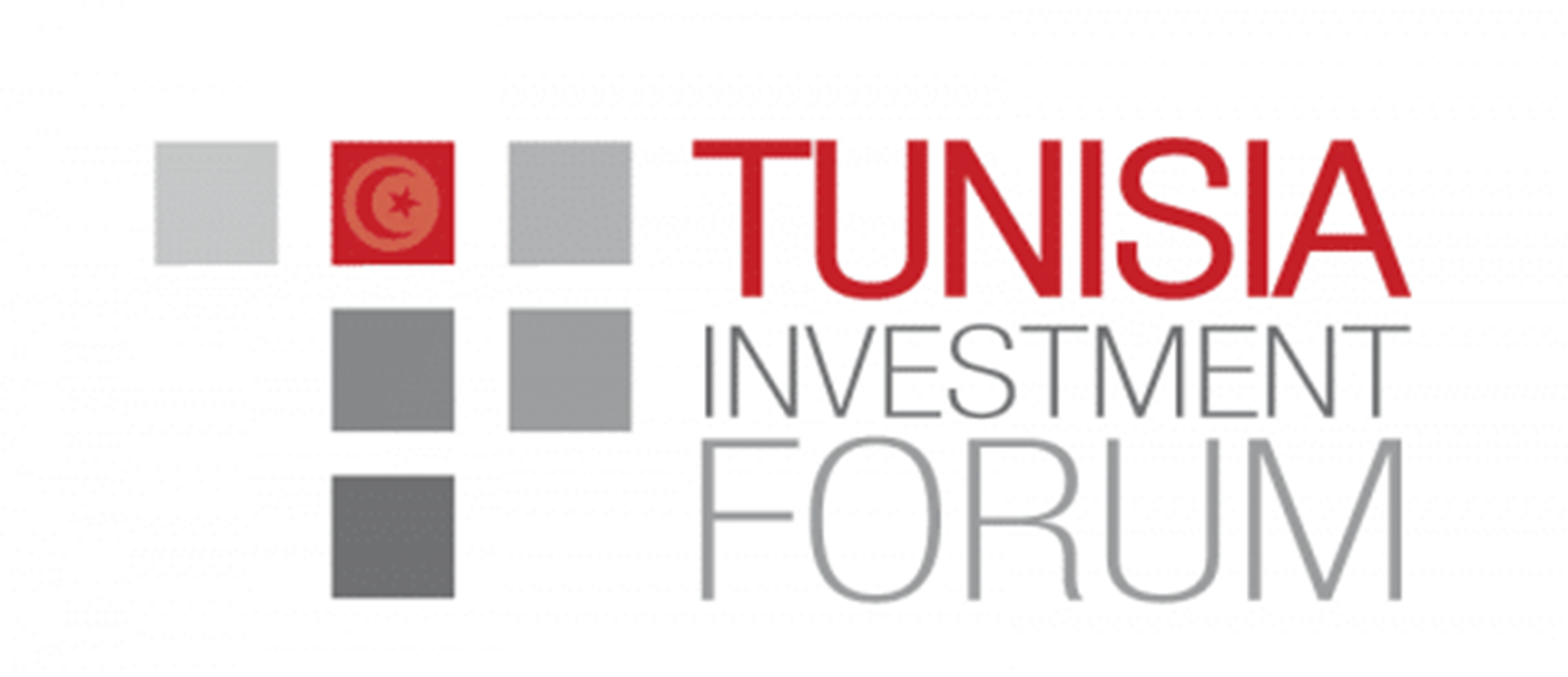Menu



FIPA-Tunisia 2024. All rights and photo credits reserved Numeryx Tunisia

Explore the dynamic, growth-generating sectors that have forged the competitiveness of the Tunisian economy. Each of these sectors offers exceptional investment potential, backed by local expertise, quality resources and a business-friendly environment.